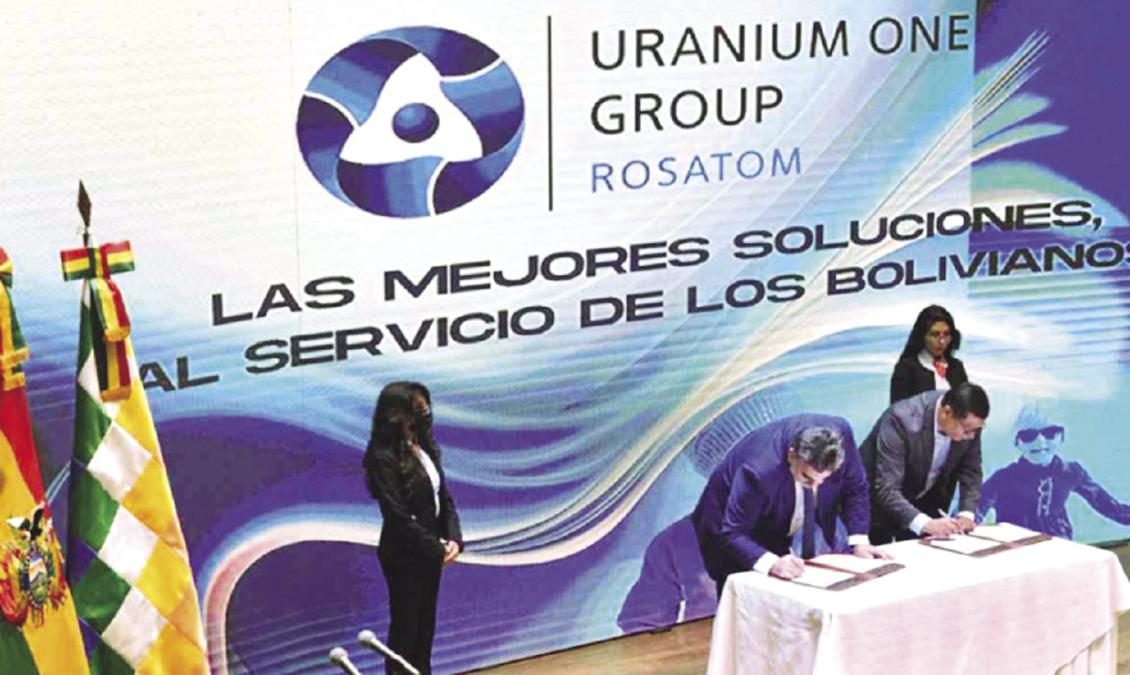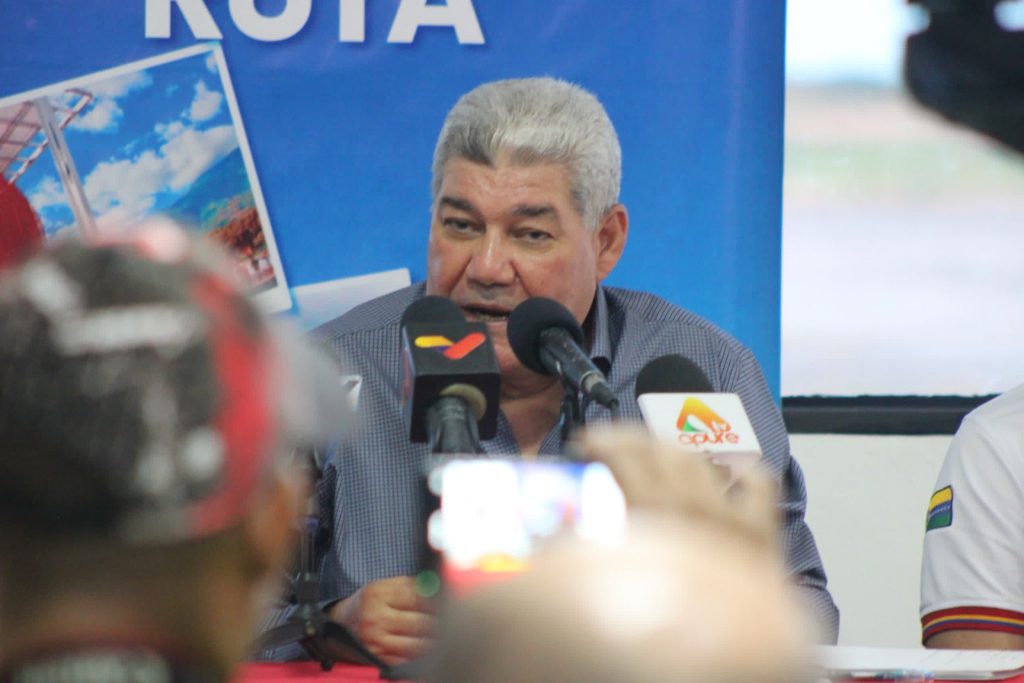Through a pronouncement, andl College of Economists of Santa Cruz made a series of observations and recommendations to the contract between the state company deposits of Bolivian Lithium (YLB) and the company Uranium One Group, which contemplates the construction of a direct lithium removal plant (EDL) and lithium carbonation in the Uyuni Salar (Potosí), under the “hand key” model.
One of the observations has to do with an alleged “absence of clear technical studies”, this because the study would lack prefeasibility studies that include technical, economic, financial, environmental and legal evaluations.
“Besides, The allocation of sales contracts preferential to Uranium One Group is not supported by a detailed analysis of price scenarios or operating costs ”, The entity of economists says.
On the other hand, they continue, the applied regulatory framework is dispersed and contradictory. “Despite the existence of national laws such as Law 516 on Investment Promotion and Law 466 of Public Companies, the contract is governed by less robust provisions, generating an environment of legal uncertainty that discourages private investment.”
Economists also see “lack of transfer in the selection process” because the criteria for the selection of the “preferential investor” would not have been duly clarified or adjusted to the procedures established in the state contracting system (sicoes).
“This generates doubts about the equity and transparency of the process, weakening public and business trust,” they added.
In the economic issue they see that “The debt assumed by YLB and, consequently, by the Bolivian state amounts to $ 975 million, with a period of approximately 20 years. While this amount will be used for investment in infrastructure and technology, serious doubts persist about operating costs (OPEX) and the capacity to generate net profits. ”
Given these observations, economists presented at least five recommendations. The first is to carry out a study of technical, economic, financial, environmental and legal feasibility that allows to evaluate the risks and benefits of the project.
The second is Design coherent legislation that favors public-private alliances (app) and guarantee transparency, efficiency and competitiveness in strategic projects. The third is to incorporate contractual clauses that ensure the formation and active participation of Bolivian human capital in all phases of the project.
The fourth and fifth recommendations are “to implement selection mechanisms based on technical and competitive criteria, subject to public scrutiny, and incorporate national experts in project monitoring and evaluation, ensuring compliance with international standards.”















